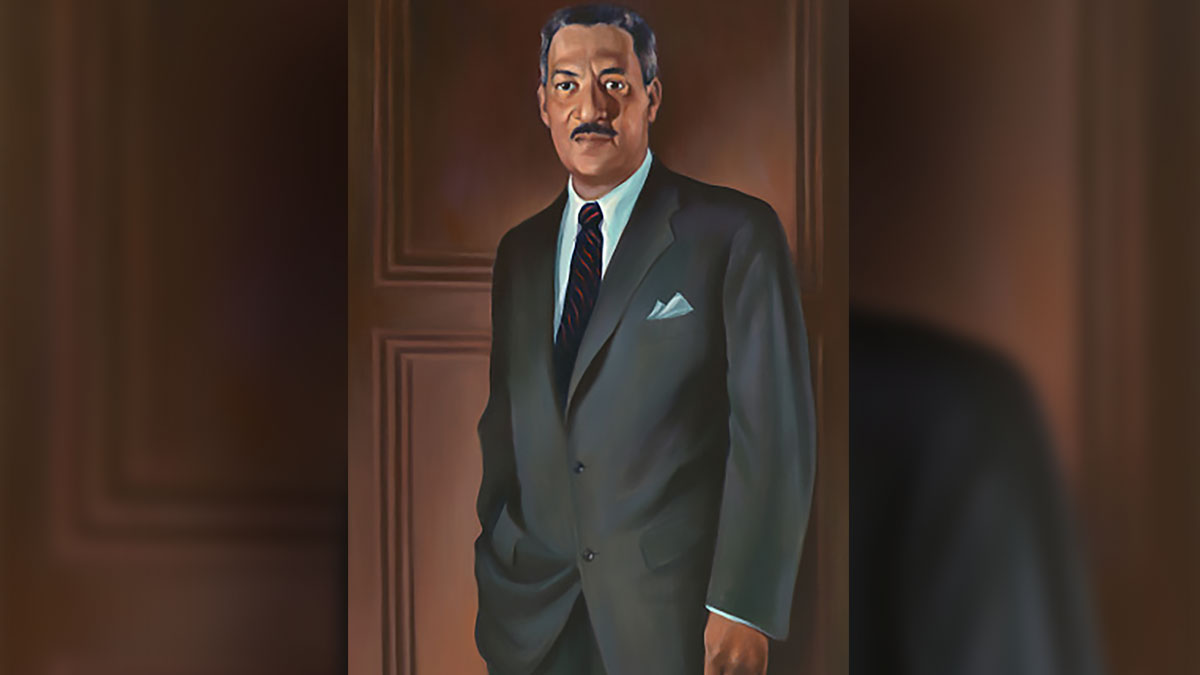
Nov. 18, 1946

Future U.S. Supreme Court Justice Thurgood Marshall was nearly lynched in Columbia, Tennessee, just 30 miles from where the Ku Klux Klan was born.
He and his fellow NAACP lawyers had come here to defend Black men accused of racial violence. In a trial, Marshall and other NAACP lawyers won acquittals for nearly two dozen Black men.
After the verdicts were read, Marshall and his colleagues promptly left town. After crossing a river, they came upon a car in the middle of the road. Then they heard a siren. Three police cars emptied, and eight men surrounded the lawyers. An officer told Marshall he was being arrested for drunken driving, even though he hadn’t been drinking. Officers forced Marshall into the back seat of a car and told the other men to leave.
“Marshall knew that nothing good ever happened when police cars drove black men down unpaved roads,” author Gilbert King wrote in “Devil in the Grove.” “He knew that the bodies of blacks — the victims of lynchings and random murders — had been discovered along these riverbanks for decades. And it was at the bottom of Duck River that, during the trial, the NAACP lawyers had been told their bodies would end up.”
When the car stopped next to the river, Marshall could see a crowd of white men gathered under a tree. Then he spotted headlights behind them. It was a fellow NAACP lawyer, Zephaniah Alexander Looby, who had trailed them to make sure nothing happened. Reporter Harry Raymond concluded that a lynching had been planned, and “Thurgood Marshall was the intended victim.” Marshall never forgot the harrowing night and redoubled his efforts to bring justice in cases where Black defendants were falsely accused.

